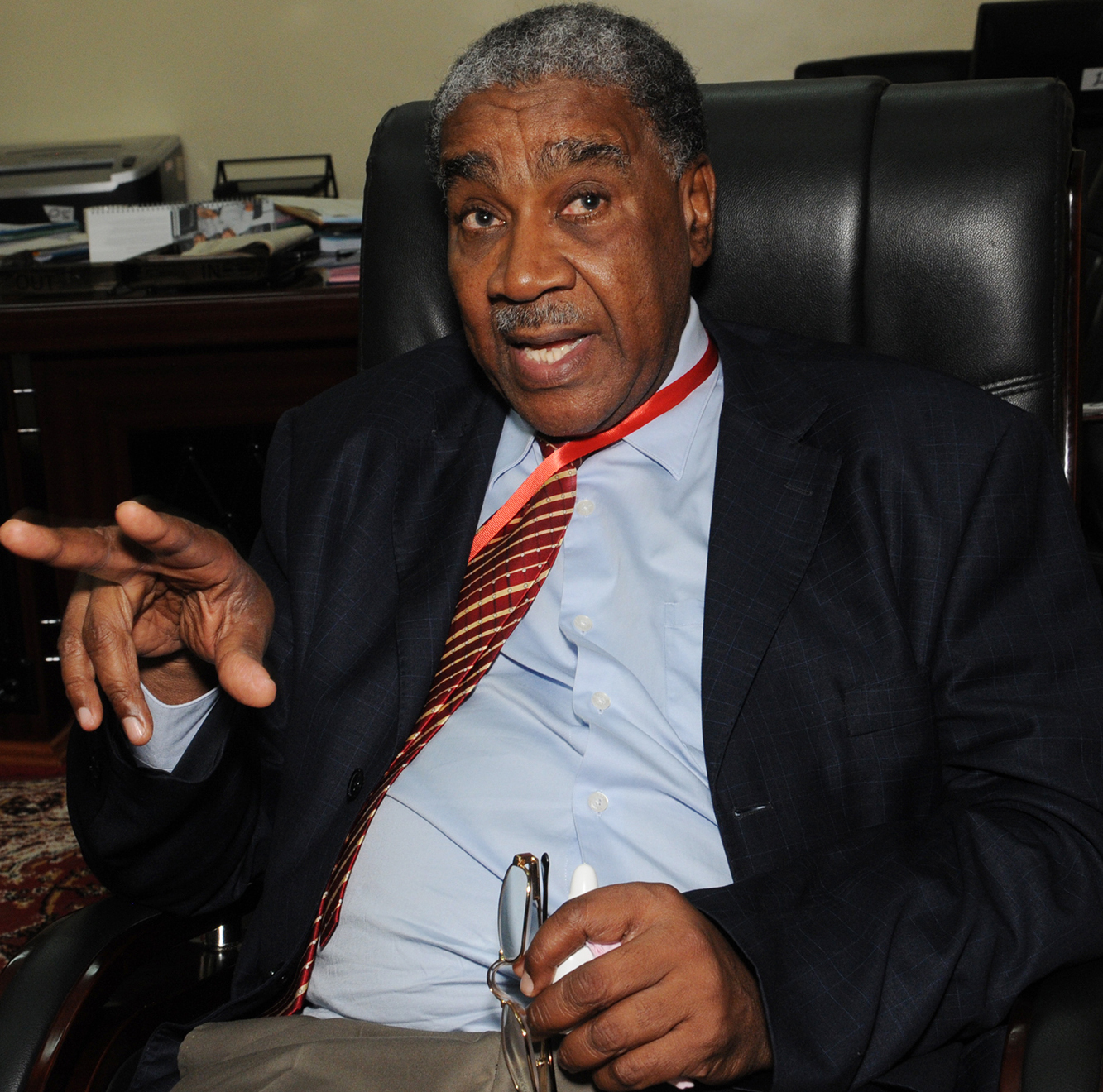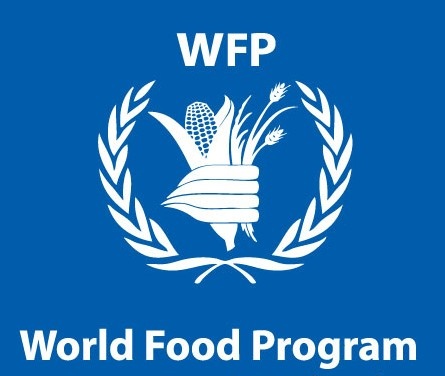The push by Uganda’s ruling National Resistance Movement(NRM) party for a total ban on independents in parliament has attracted the attention of the African Court on Human and Peoples’ Rights.
According to the NRM Deputy Secretary General Richard Todwong, the presence of independents undermines the essence of multi-party politics.
However, in an exclusive interview with KFM’s Catherine Ageno in Arusha Tanzania recently, the Court’s President Justice Augustino Ramadhani said the decisions made earlier on similar cases like that of Mutikila in Tanzania are binding to all African Union state parties that have ratified the protocol.
Below are excerpts of that interview;
What explains the small number of cases received by the African Court on Human and People’s Rights?
Cases are thrown because they have not exhausted local judicial remedies. The thing is, there is this principle of exhaustion local remedies.
The case has to climb all the judicial structures in that particular country before coming to the African Court. So there is nothing new that will come to us that has not been handled at national courts.
For instance in Tanzania one has to go to the High Court then Court of Appeal and when dissatisfied then you can come to us, but sometimes we just afraid of our own shadows.
Here in Tanzania we had the case of Mutikila – he went to court challenging the article in the constitution saying one cannot run for presidency, local government or Member of Parliament unless you belong to a particular party or are sponsored by one. There are no independent candidates.
The Court of Appeal said that it was not the role of the court to change the constitution.
So the court appealed to the Attorney General and the government to amend the law but Mutikila was dissatisfied so he came over here on grounds that that particular article is against the charter so the Court gave Tanzania six months to amend the constitution and at that time Tanzania had already embarked on constitutional amendments- rewriting the entire constitution. I was the first chairman of that commission that wrote two drafts and in all those drafts we provided for independents.
A similar case has arisen in Uganda where the ruling NRM party is proposing that the constitution be amended to ban independents all together. Does the decision on Tanzania apply to Uganda since nobody has filed a case yet?
That decision made on Tanzania’s case applies to all state parties including Uganda. But the only thing is how will Ugandans come to us unless it’s done through another country that has ratified and made a declaration on the protocol.
Unless another country picks it up Ugandans and local NGOs cannot bring the case to the African court because Uganda has not made the declaration. So I don’t know how Uganda can be brought to the court.
Uganda has ratified but not made the declaration on the protocol, but having ratified they are obliged to comply with the decisions of the court including that one.
In Africa it is common for governments not to respect court orders. Has this been a challenge to the Court?
Yeah, you see, that’s the main problem with the judiciary, because the Judiciary does not have the power to enforce its judgments especially where it is against the government the judiciary cannot do anything.
For 10 years I was the Chief Justice of Zanzibar i got that problem, for three years I was Chief Justice of Tanzania, I encountered the same problem.
That is also true with many traditional courts in Africa. But so far we have made two decisions against Burkina Faso and they are being executed. In Tanzania, on this Mutikila case, we are waiting to see what will happen because it was given six months to mend its constitution and publish the judgment in the local media.
What then happens in the event that the judgment is not executed by a particular country?
The main thing about execution is that after we have made our judgment and given orders to a country, if that state has not responded in January and in June when the Presidents at the Assembly the President of the Court will give a report to the heads of state.
Now this reporting if done repeatedly against the country is embarrassed and one of our judges called it mobilization of shame.
If a state is always reported in January and June, January and June, that in itself in enough to put them to shame. But there are also several decisions from other courts that have been respected
While still at the East African Court of Justice (EACJ), we made two decisions there. One was against Kenya, they had not followed what is required by the EAC Treaty to elect representatives to the East African Legislative Assembly and Kenya took that in good faith and disbanded them and elected new members as required by law.
Then there was a time in Uganda, you will remember that there were some people who were rounded up and prosecuted and at that time it was Justice James Ogola at the High Court who released them on bail. The moment they were released there were security people outside who rounded them up and they were taken to the military court martial. Some body I think he’s a lawyer called Katabazi came to us and said that that is not in accordance with the law and we ordered for these people to be released.
Now the irony is that President Museveni did not respect the decision of his own Ugandan High Court but observed and respected the decision of the EACJ.
What do you think is holding back most African countries from ratifying the protocol?
Well, I think the whole thing is about lack of political will, that’s all. Because some countries think that once they ratify it their citizens will bring cases to the court; they are afraid of that.
The charter was passed in Nairobi Kenya in 1981, it is the African countries themselves that decided to have the court so I don’t understand why they shun it.
But when we were talking to them in January in Addis Ababa, Ethiopia they were saying that if they ratified it would open a flood gate.
But that’s not the case. For instance Tanzania made the declaration in June 2010 and five years later we have just handled 10 cases -that means two cases per year.
Now if you have two cases per year is that an opening of flood gates, is that opening of a pandora’s box? Certainly not.
Out of those ten there is one case we threw out because it had not exhausted the local remedies.
Only 28 out the 54 AU member states have ratified the protocol and of these only 7 have made the declaration and deposited it in Adis Ababa. Is there anything you are doing to encourage more countries to ratify the protocol?
We have been going around meeting government officials, Justice Ministers and law students but personally I think this is not enough. It is not as effective as it should be.
I wish we could be able to meet Prime Ministers or the presidents and Attorney Generals who are the decision makers or even MPs because they can influence decisions.
So we have been trying to lobby and try to fix appointments with these presidents and other leaders but so far there has been not much success. But I have not given up.
The last one was in December in Ethiopia and just before that we were in Zimbabwe and very soon we are going to Botswana.
According to the Malabo Protocol, the African Court’s jurisdiction is to be extended. Do you think this Court is now ready to handle transnational and international crimes?
First of all the question of criminal jurisdiction will take a long time to materialize.
The Malabo Prototcol was signed in June 2014 and June this year is just around the corner but not a single state has ratified it.
The protocol requires 15 ratifications for it to come into force but not a single ratification has been done.
For a whole year only 4 countries; Kenya and three others have signed the protocol but not ratified it. So I don’t know how long it will take for the court’s jurisdiction to be expanded.
And does the court have the capacity to handle criminal cases?
At the moment we don’t have the capacity. This is a human rights court but when it comes to criminal jurisdiction, the court is going to be expanded from 11 to about 16 sections, it will be bigger with a criminal section, human rights section and general section, then we shall have to build the capacity to handle all of them.
The court has funding constraints because it mainly relies of AU subscription fees from member states, are you looking out for alternative sources of funding to ensure continuity of the courts operations?
We have some alternative sources of financing like GIZ, which mainly provides funds for sensitization and training for judges and lawyers.
We also get some funding from the European Union there some people who are employed here and are being paid by the EU but in the short term so, so far those are some of the sources of funding.
The African Court of Human and Peoples’ Rights will mark 10 years next year. What are some of the major achievements that you have registered over this period?
The fact that the court is on its feet and we are hearing cases is a great achievement. The European Court took about 30 years or more before it started hearing cases. So that’s a big achievement.
Then the Tanzania government is supposed to build the Court House for us, we already got a plot of land at a place called Laki Laki near Dodoma and we are also in talks with potential partners for the construction work.
I spoke to the President of the Federal Republic of Germany, about constructing a court for us. He didn’t say “yes” but the reply I got was positive enough. So we are hopeful that we might get the building in the next three or four years.








